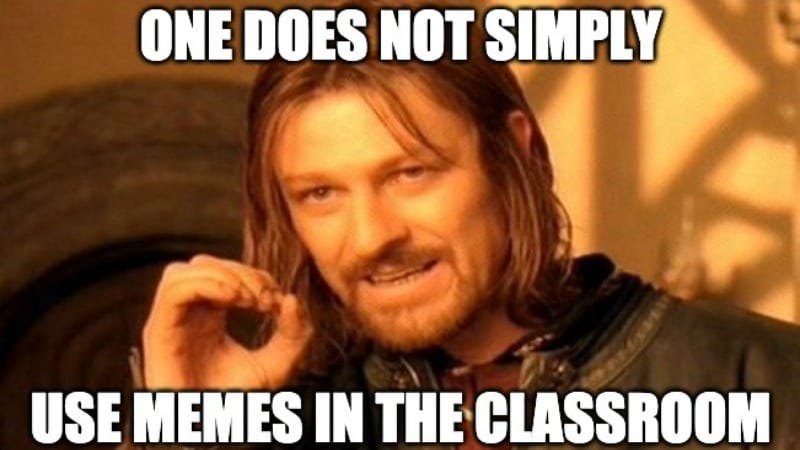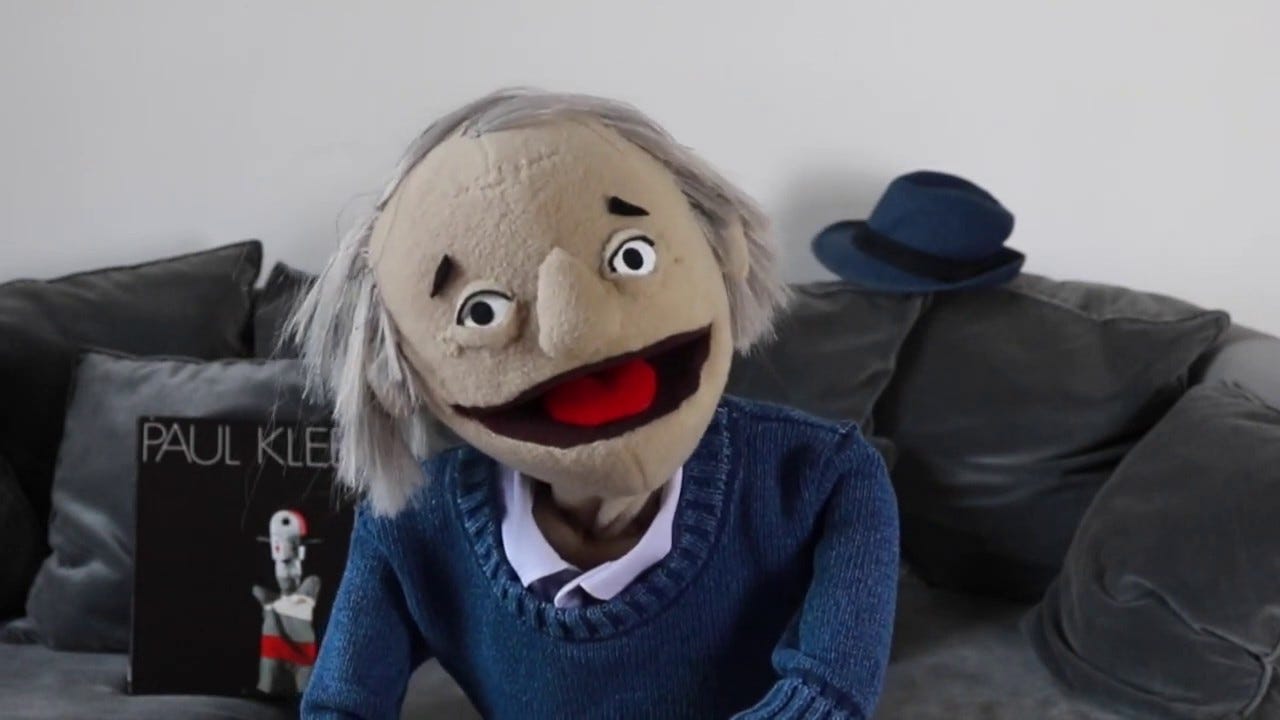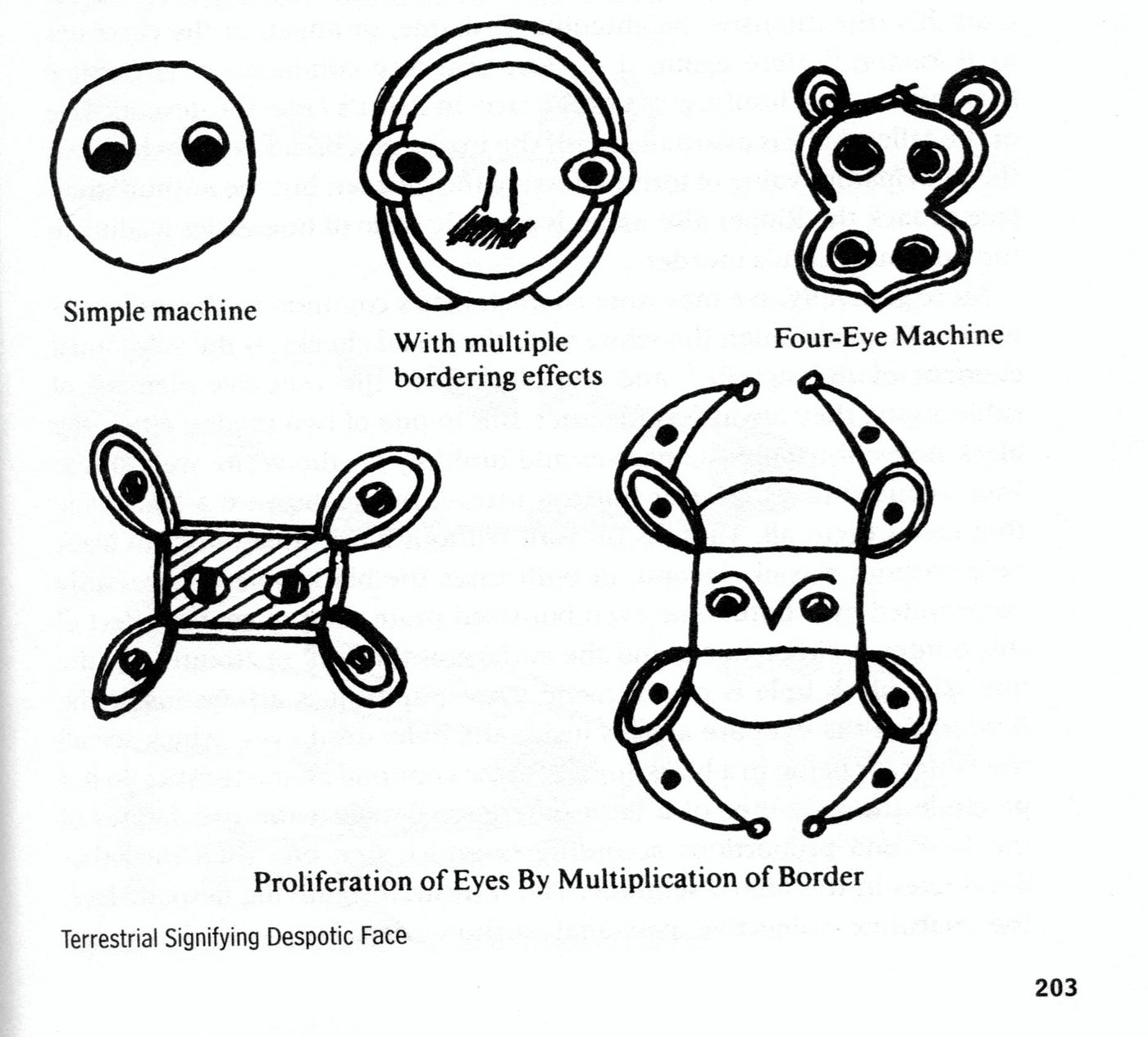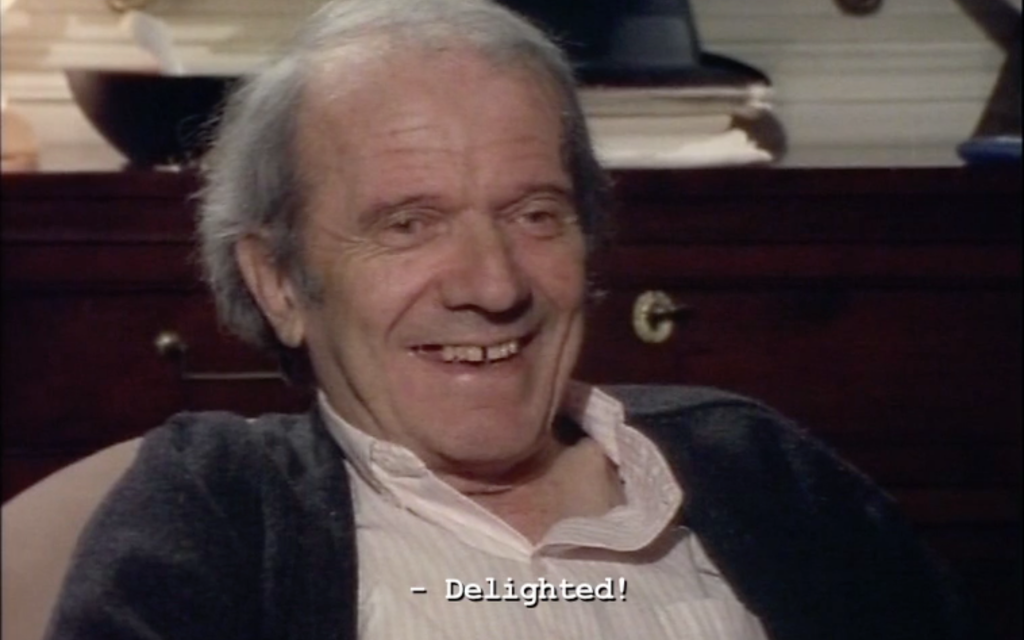Introducing a Deleuzoguattarian philosophy in the classroom through a series of becomings-
–
What is Icarus’ least favorite food?
Hot wings.
—
Over this past week, I have been attempting to incorporate humor in the classroom. Humor is an interesting heuristic because it allows for the deconstruction of social relations (particularly, the teacher-student hierarchy) while being both planned and spontaneous. In a way, humor allows the students to view the teacher as a peer. Granted, the teacher is the one who has the grade book; however, the question is not whether all hierarchies can forever be broken, but the best way to deconstruct hierarchies as you are placed into them.

Incorporating humor into the classroom doesn’t come without risks. For example, students might not take the teacher seriously. In the 2019 article Classroom Clowning: Teaching (with) Humor in the Media Classroom by Kriszta Pozsonyi and Seth Soulstein, it is evident that “authority in the classroom [may be] undercut by […] being too ‘jokey’.” These problems are real and may be compounded with humanistic categories. “Joking may come across as a display of power or even bullying from a white, male classroom leader” (Pozonyi and Soulstein, 2019). Yet, though risks persist, the incorporation of humor in the classroom is still important and must be carefully crafted.
As the teacher makes a joke, the teacher is placing themselves in a vulnerable position: the joke may not stick. This level of vulnerability signals that the teacher is not afraid of putting themselves in an unguarded position, thus allowing students to relate to the teacher. Regardless of the risks, my openness with humor allows my students to feel comfortable making jokes with me.
One of my elementary students this past week told me a joke. It goes as followed:
What do you call a melon in the ocean?
A watermelon!
—
Depending on the grade level, if I were to make this joke with my high school students, they would immediately cringe. This is not to assume that the ability to joke decreases with age, but instead, jokes must be made with a bit more calculation when teaching high school classes. Of course, cringe jokes have a time and a place, but so do intricate and nuanced jokes.
Another potential consequence that arises with the invocation of humor in the classroom is that students might not take the subject material seriously. If the teacher were consistently making jokes in the classroom, the curriculum itself would lose any purposeful meaning. This would entail chaos.
To introduce a Deleuzoguattarian philosophy in the classroom would be to argue that the teacher must find rhythm within the chaos. The Youtube channel Theoretical Puppets gives a nice depiction of Deleuze and Guattari’s ‘finding of rhythm within the chaos’ with their philosophical puppet show titled: Gilles Deleuze on Chaos and Creativity.

Humor can take form in various ways; from simple jokes to puppet shows, there are various mediums to communicate humorously. In my elementary student’s joke about watermelons, it is evident that an uncomplicated joke was told. However, there are many other ways in which humor can manifest. For example, I’ve started incorporating memes into my lecture slides. Memes are commonplace and there is a collective consciousness of specific memes embedded in the Gen Z psyche. Many colloquialisms and slang terms originate on the internet, so it is imperative that educators stay up to date with internet culture. This is not to belittle educators who aren’t tech savvy, but instead to isolate that the attempt to understand and conceptualize how humor manifests amongst students is important.
I have found that older educators who make a legitimate attempt to understand what is happening in the world and what people find to be funny are some of the best educators. Nowhere does this analysis posit that educators must be a full-time comedian, but seeking to relate to one’s students requires a certain level of understanding. (Maybe educators can also draw from Deleuze and Guattari’s Faciality Plateau in A Thousand Plateaus by making funny faces?)

Humor, as it evolves over time, is a useful tool to relate to everyone in the world around you. Whether it be in schools or in the workplace, humor seeks to deconstruct hierarchies. However, it must be done with precision. In fact, if one is not careful with their word choice or topic, humor can fail to liberate students by reifying existing hierarchies.
Duncan Cooper’s blog post titled Laugher in Deleuze successfully sums up why a Deleuzian analysis of humor is important:
Reading Deleuze, I’ve encountered at least two other moments where laughter comes into play, and not the pathetic laughter of the denial of the dominated, but another form of unexpected laugher, bizarre good humor given the circumstances.
With all of that being said, I am going to — or at least try to — incorporate humor in the classroom to help my students feel more at ease when participating. But, as with all jokes, you win some and you de-leuze some.

Leave a Reply